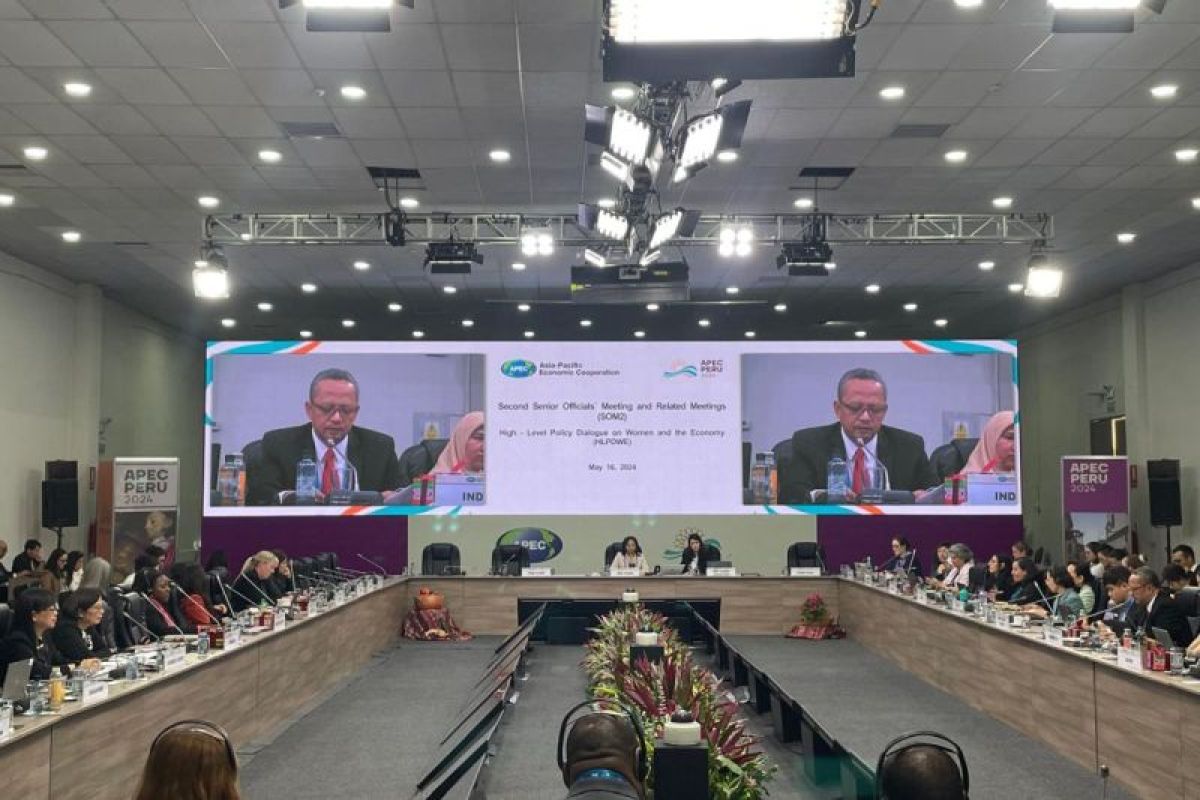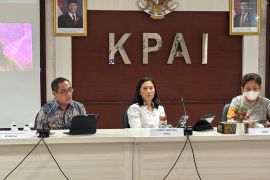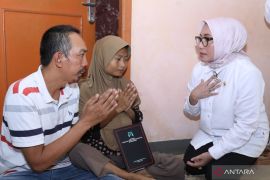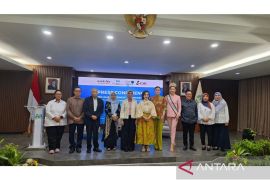"This policy aims to emphasize the big contribution of women in the national economy through entrepreneurship and enable them to manage and lead their businesses effectively," said Indra Gunawan, Acting Deputy for Gender Equality at the ministry, in a statement on Thursday.
He made these remarks at the Joint Meeting of APEC Ministers Responsible for Women and Ministers Responsible for Trade in Arequipa, Peru.
Gunawan highlighted that through the Penta Helix collaborative approach, Indonesia involves ministries, civil society, the private sector, academics, and the media to jointly create an environment that supports greater women's participation in global trade markets and supply chains.
As an implementation of a presidential regulation, Indonesia has strengthened the recognition of women-owned businesses by establishing a special definition for these businesses.
In 2020, the government launched the National Strategy for Women's Financial Inclusion (SNKI-P) to increase access to funding for women.
This initiative aims to ensure that every woman can access information, skills, resources, and economic opportunities.
In this regard, the Women's Digital Financial Inclusion Coalition (IKDP) was formed, followed by the signing of a Joint Commitment to Realize Women's Digital Financial Inclusion in 2023, which emphasizes the government's role in increasing women's access to digital technology.
In addition, this commitment seeks to promote the importance of disaggregated data in the financial sector as well as encourage collaborative efforts between relevant ministries, financial authorities, and the private sector.
The ministry has also introduced Guidelines for Women's Digital Transformation and Guidelines for Women's Entrepreneurship with a Gender Perspective that offer gender mainstreaming strategies in digital transformation and the development of women's entrepreneurship.
"With these guidelines, stakeholders are expected to be able to design policies that focus on gender inequality in entrepreneurship, especially on financial access and digital adoption," Gunawan stated.
He also conveyed one of the main initiatives of the ministry for the development of Women-Friendly and Child Care Villages (DRPPA), which seeks to accelerate the implementation of strategies for women's empowerment, gender equality, and child protection at the grassroots level.
The program prioritizes developing and strengthening basic entrepreneurial infrastructure for women, starting at the village level.
Currently, there are 138 pilot villages in 71 districts and 33 provinces, and this will be replicated nationally.
Related news: Indonesia, APEC committed to empowering women through trade
Related news: Ministry affirms Indonesia's commitment to empowering women in STEM
Translator: Anita Permata Dewi, Katriana
Editor: Anton Santoso
Copyright © ANTARA 2024












